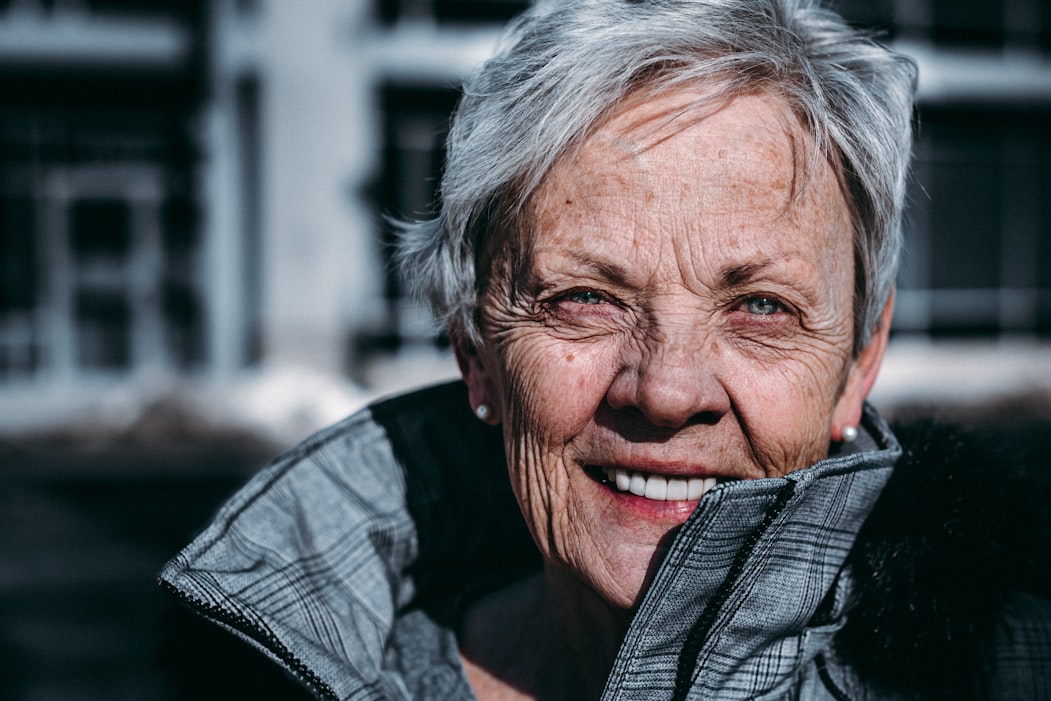On average, seniors sleep less than young adults. Does short sleep become a personality trait for everyone getting older? And will you need less sleep to rest when you’re a senior? Let’s find out together.
Aging Vs. Brain Changes
As we get older, all of the bodily systems function less well and gradually decline. Although researchers are still figuring out how exactly the brain alters throughout one’s lifetime, it is no different from the brain.
Scientists suggest that neurotransmitter systems eventually become less active, meaning that the brain sends fewer chemical signals to the body. That explains why seniors have comparatively lower levels of different hormones, including melatonin. The so-called vampire hormone melatonin is released in response to darkness, making you feel sleepy and conveying the “It’s time to go to bed!” message to the body. Decreased melatonin may disrupt our circadian rhythms ‒ the internal clocks responsible for regulating the sleep-wake cycle. And the disruption can go both ways, leading to seniors sleeping all the time or making us wonder why do seniors have trouble sleeping. Without further ado, let’s discover what causes senior sleep problems and how the research explains it.

Why Do Seniors Sleep So Much?
It’s not uncommon for older people to take naps during the day. Often it seems as if they nap too much, but in reality, they simply might be paying off their sleep debt from the night before. Aging people often notice that it’s harder for them to fall asleep over time and easier to wake up at night because of some cars racing or neighbors chatting. These are average age-related changes. However, insomnia or excessive daytime sleepiness are alarming symptoms, no matter the age. Therefore, it’s crucial to distinguish regular changes from underlying health problems.
Some other reasons for sleep disruption (and, as a result, excessive sleepiness) might be as simple as back or joint pain, bedroom temperature that’s too high, or too much coffee during the day.

Why Do the Elderly Sleep Worse?
With circadian rhythms changing, shifts in sleep schedules are inevitable. As a 2017 study published in Neuron suggests, people experience modifications in their sleep architecture after their 50th birthday and beyond. The scientists compared various characteristics of sleep in young and older adults, pointing out the following seniors sleep disturbances:
- Troubles falling asleep: Older adults have longer sleep-onset latency, meaning they need more time to fall asleep;
- Less slumber duration: Older adults have shorter sleep duration, as well as earlier bedtimes and rise times;
- More non-REM sleep than REM sleep: The elderly spend more snoozing time in lighter sleep stages and don’t get much deep sleep. This characteristic makes them prone to waking up in the middle of the night and generally gives them fewer hours to recover after daytime activities deeply;
- Wakefulness and alertness during the night: Fragmented sleep is another characteristic of seniors’ resting routine.

Do Seniors Need Less Sleep?
To answer the question right away: no, they don’t. And you will not magically need less time to reset your batteries at night when you turn 50. The Science Advances article based on sleep schedule research shows that older people have a narrower time window to sleep. Body clock changes make them wake up early and go to bed early, that’s all.
Conclusion
As the body ages, our circadian rhythms shift, narrowing the time window in which to sleep. A common belief that senior citizens after 50 need less sleep turns out to be a myth, and it’s normal for the elderly to have a short and light sleep and wake up and go to bed early.
Resources
- https://www.sleepfoundation.org/aging-and-sleep
- https://www.nia.nih.gov/health/10-myths-about-aging
- https://www.health.harvard.edu/blog/aging-and-sleep-making-changes-for-brain-health-2019031116147
- https://www.medicalnewstoday.com/articles/319185
- https://www.bbc.com/future/article/20160516-the-truth-about-whether-you-need-less-sleep-as-you-get-older
- https://advances.sciencemag.org/content/2/5/e1501705






